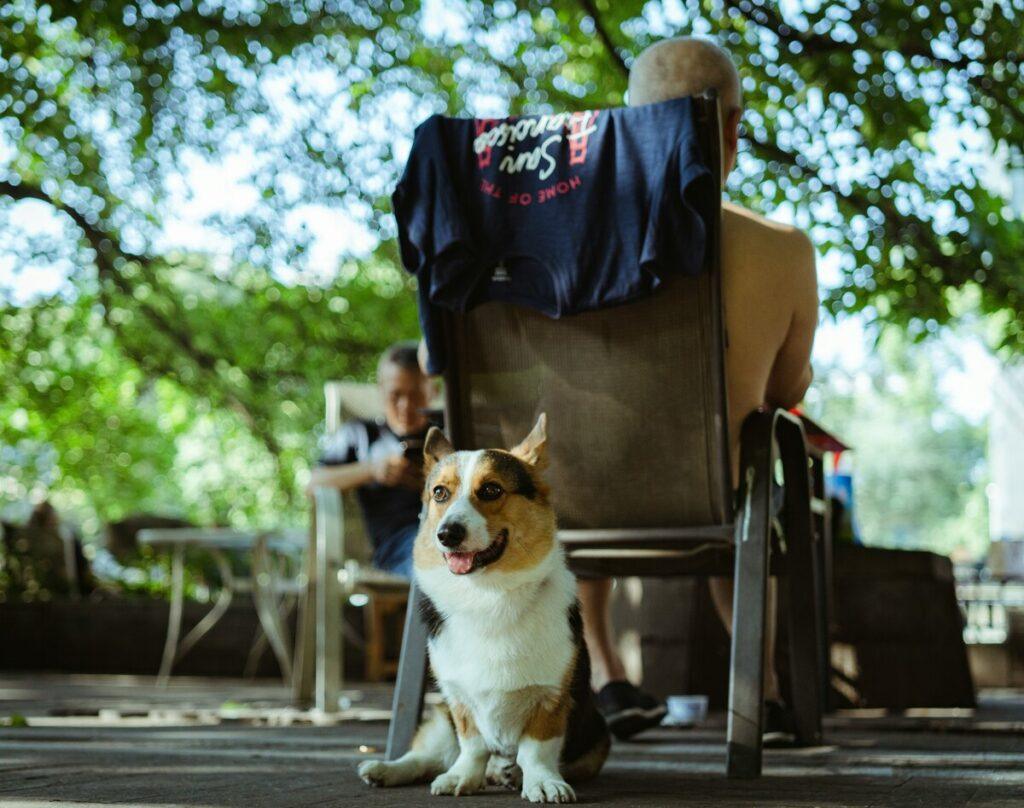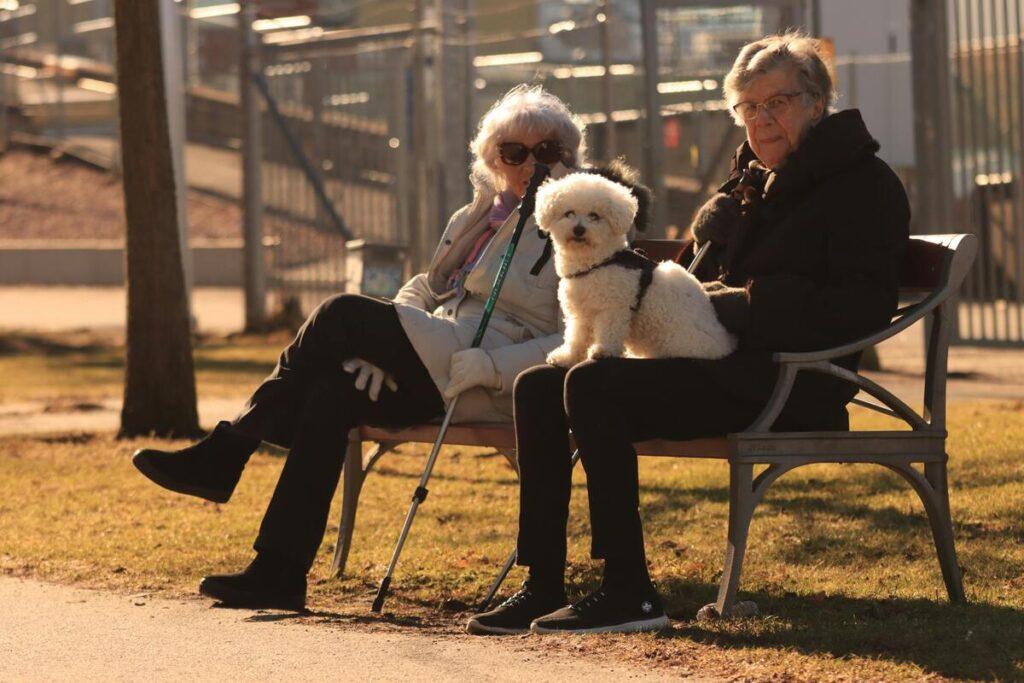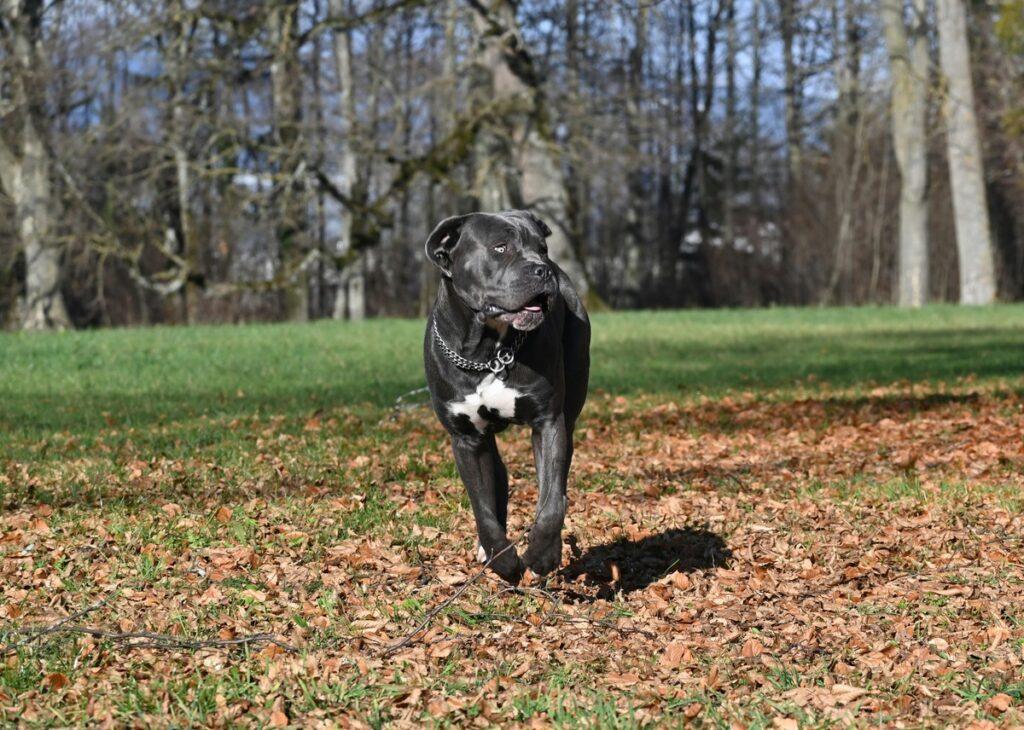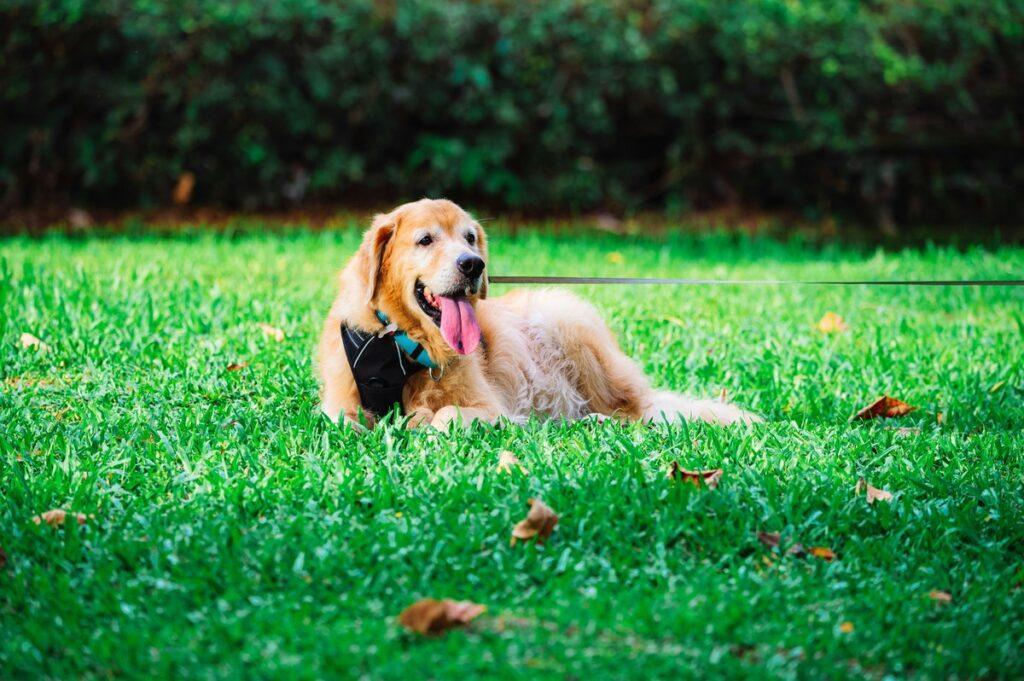Best dogs for seniors are more than just pets—they are loving companions that can significantly improve quality of life. For older adults, the right dog breed can offer friendship, daily structure, and even health benefits like reduced stress and improved heart health. In this comprehensive guide, we’ll explore the top dog breeds for seniors, what factors to consider when adopting, and how to create a lasting bond with your furry friend. Whether you’re looking for a calm lap dog or a cheerful walking buddy, there’s a perfect breed for every senior lifestyle.
Why Dogs Are Great for Seniors
Dogs provide companionship, reduce loneliness, and encourage physical activity. According to the American Heart Association, dog owners have lower blood pressure and cholesterol levels. Seniors especially benefit from the structure and purpose a dog brings to daily life. Tasks like walking, feeding, and grooming promote movement and mental engagement. Most importantly, the emotional bond between a dog and a senior can help combat depression and isolation.
Moreover, dog ownership promotes social interaction. Seniors who walk their dogs often meet neighbors, talk to fellow dog owners, or participate in pet-friendly community events. This added social engagement reduces cognitive decline and enhances mental sharpness. For many seniors, dogs aren’t just pets—they are lifelines that encourage a more fulfilling and connected lifestyle.
How to Choose the Right Dog
Not every breed is suitable for older adults. Seniors should consider several factors when selecting a dog to ensure compatibility with their daily routine, physical capabilities, and living situation. Choosing the best dogs for seniors means looking beyond appearance and focusing on a breed’s temperament, energy level, and health needs.
- Size: Small to medium-sized dogs are easier to lift, groom, and manage.
- Energy level: A calm dog that enjoys leisurely walks is ideal.
- Grooming needs: Low-maintenance coats reduce grooming costs and effort.
- Temperament: Friendly, gentle, and loyal dogs make the best companions.
Living arrangements also play a major role. Seniors in apartments may prefer quieter breeds that don’t bark excessively. Those with yards might have more flexibility. Additionally, breeds that are comfortable being alone for short periods are helpful for seniors who still maintain an active social life or travel occasionally.
Check out our guide on best dog breeds for first-time owners if you’re new to pet parenting.
Top 10 Best Dogs for Seniors
These breeds are known for their affectionate personalities, low exercise requirements, and manageable grooming needs. Each one is a great example of what makes the best dogs for seniors so beloved by older adults around the world.
- Cavalier King Charles Spaniel: Loving, calm, and thrives on human companionship.
- Poodle (Toy or Miniature): Hypoallergenic, smart, and easy to train.
- Shih Tzu: Adaptable and friendly, great for apartment living.
- Bichon Frise: Cheerful and low-shedding.
- Boston Terrier: Low maintenance, playful, and small-sized.
- French Bulldog: Sturdy, calm, and doesn’t require much exercise.
- Pug: Loyal and affectionate, perfect for relaxed lifestyles.
- Maltese: Gentle, portable, and a great lapdog.
- Yorkshire Terrier: Spirited but manageable; perfect for indoor living.
- Chihuahua: Small and alert, ideal for quiet homes.
For allergy-sensitive individuals, consider hypoallergenic dog breeds for families. These breeds shed less and are more suitable for sensitive owners, especially those with respiratory conditions.
Should Seniors Adopt or Buy?
While puppies may be tempting, seniors often benefit more from adopting adult or senior dogs. These dogs are typically house-trained, calmer, and easier to manage. Adoption also saves lives—many senior pets are overlooked in shelters. If you’re unsure, fostering first is a great way to see if a dog fits your lifestyle. Senior dogs can be deeply grateful for a second chance and quickly form strong, trusting bonds with their new owners.
How to Care for a Dog as a Senior
Maintaining a healthy routine is essential. Choose an easy-to-carry harness, use raised food bowls to prevent strain, and consider pet insurance to avoid large medical bills. Daily short walks, quality dog food, and vet checkups ensure your dog stays in top shape. Comfortable bedding, especially orthopedic options, can help dogs with arthritis or joint pain. For dogs with joint issues, see our guide on best dog beds for hip dysplasia.
Additionally, seniors should maintain regular grooming and dental care routines. Brushing your dog’s teeth and trimming nails prevents common health issues. You can also use mobile grooming services, which provide home visits and reduce the stress of traveling with your dog.

Common Mistakes Seniors Should Avoid
- Choosing a high-energy or large breed that’s hard to handle.
- Overlooking grooming needs and costs.
- Not planning for veterinary care or backup pet care.
- Failing to train or socialize the dog, especially with visitors or grandchildren.
FAQ
What is the best dog breed for an elderly person?
Breeds like the Cavalier King Charles Spaniel and Poodle are ideal for their affectionate and calm nature.
Are small dogs better for seniors?
Yes. Small dogs are easier to care for, lift, and groom—making them perfect for seniors.
Is it better to adopt or buy a dog as a senior?
Adoption is often better—older dogs are typically trained, calm, and ready to provide companionship.
For more advice, check out the AKC guide for dogs for seniors.
Ready to find your ideal companion? Start with our expert breed guides and discover the joy of owning a dog that fits your lifestyle.



